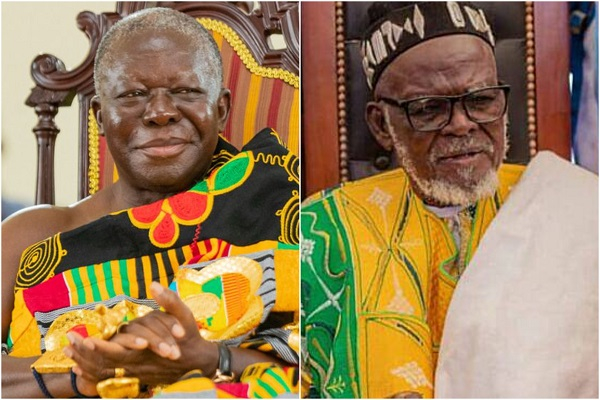Canada Backs Down on Big Tech Tax to Revive Trade Talks with US
Canada has announced it will rescind a controversial digital services tax (DST) targeting major US technology companies, just hours before the first payments were due.
The decision marks a significant step toward defusing tensions with Washington and reviving stalled trade negotiations.
The move comes after US President Donald Trump abruptly called off trade talks on Friday, describing the tax as a “blatant attack” and threatening to impose new tariffs on Canadian imports. In response, Canada confirmed it would introduce legislation to remove the tax and halt collections scheduled to begin Monday.
The tax, first proposed in 2020, would have imposed a 3% levy on Canadian revenues exceeding $20 million earned by US tech giants such as Amazon, Google, Meta, and Apple. It was expected to cost the companies more than C$2 billion in its first year, as it would have been retroactively applied from January 2022.
Canada’s Finance Minister, François-Philippe Champagne, said in a statement “The DST was announced to address the fact that many large technology companies operating in Canada may not otherwise pay tax on revenues generated from Canadians. Canada’s preference has always been a multilateral agreement.”
The decision to retreat follows growing pressure from the United States. Trump, in a social media post, labeled the tax “egregious” and warned, “economically we have such power over Canada.”
US Commerce Secretary Howard Lutnick welcomed the move, calling it a “deal breaker avoided” that now clears the way for renewed economic discussions. “Thank you to Canada for making a smart decision,” he wrote.
Canada had expected to raise C$5.9 billion from the DST over the next five years. But with three-quarters of its exports—valued at more than $400 billion—heading to the US each year, Ottawa appears to have chosen economic stability over confrontation.
Business groups on both sides of the border applauded the announcement. “This is a constructive decision that allows both countries to focus on strengthening their economic partnership,” said Rick Tachuk, president of the American Chamber of Commerce in Canada.
The decision also signals a shift in Canada-US relations after months of friction. Shortly after taking office, Trump threatened new tariffs and even made inflammatory remarks about annexing Canada. The tensions helped Canada’s Liberal Party, now led by former central banker Mark Carney, return to power in a surprise election win.
In recent weeks, both governments had expressed hope of reaching a new trade deal by July 21. With the DST now off the table, negotiations are expected to resume in earnest.
“This is about more than just taxes, it’s about maintaining one of the most important trade relationships in the world,” said a Canadian government source familiar with the talks.
The next round of discussions is expected to begin later this week.
Chioma Kalu
Follow us on:











